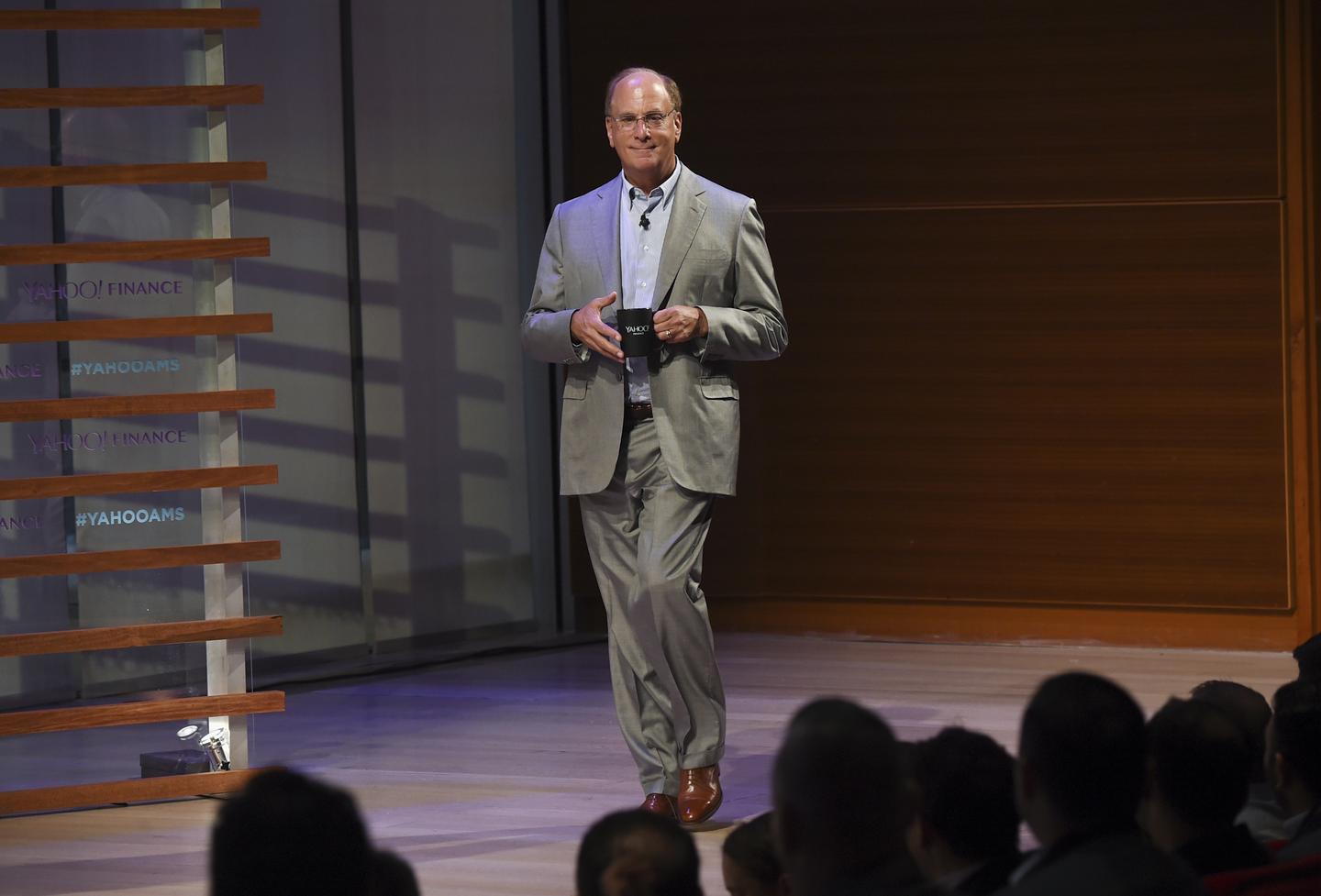Bank of America (BoA)’s newest racially discriminatory program provides a casebook study in what “equity” is really about – racial discrimination perpetrated by billionaires against poor white people to atone on the backs of others for the fact that they are very, very rich, while too few non-white people are equally rich. In other words, making other,… Continue reading Bank of America’s Equity: Racial Discrimination, Elitism, Fraud, and Bad Business
Category: Intel
How Blatant Anti-White Racism Won Acceptance in Elite America
In a 2021 lecture at Yale University titled “The Psychopathic Problem of the White Mind,” psychiatrist Aruna Khilanani described her “fantasies of unloading a revolver into the head of any white person that got in my way, burying their body and wiping my bloody hands as I walked away relatively guiltless with a bounce in… Continue reading How Blatant Anti-White Racism Won Acceptance in Elite America
A Trump/DeSantis Ticket is Legally Workable
The midterm elections are only about two months away, but for many, it’s easy to look past them and start thinking about the 2024 presidential election. On the Republican side, the two most talked-about candidates are former president Donald Trump and Florida governor Ron DeSantis. Many Republicans would like a ticket with Trump as the… Continue reading A Trump/DeSantis Ticket is Legally Workable
Cloudy With a Chance of Fraud: Federal Weatherization’s Back
The U.S. Weatherization Assistance Program (website shown) is on track to triple its budget to $1 billion despite a documented Obama-era record of failing to insulate taxpayers from local fleecing. By Eric Felten, RealClearInvestigationsAugust 30, 2022 Alarm bells are sounding at the Department of Energy as the Biden administration has moved to triple the budget… Continue reading Cloudy With a Chance of Fraud: Federal Weatherization’s Back
Why High School Teachers Need to Teach Liberal Arts
A book I wrote called “The Death of Learning” has been generating some attention, both good and bad. It catalogs the decline of traditional liberal arts education in America – especially in our colleges and universities – and offers some modest and fairly traditional ways to turn this situation around. But what most commentators have… Continue reading Why High School Teachers Need to Teach Liberal Arts
When You Don’t Know If the Indirect Effect Will Be Greater
The NY Times featured an article on August 22, 2022 “People are paying to have personal messagespainted on Ukrainian artillery shells.” (see: https://nyti.ms/3CsFNwy, which is also a photo source.) The article chronicles a novel way that Ukrainians are raising money to support their war effort against Russia. According to the article the signmyrocket… Continue reading When You Don’t Know If the Indirect Effect Will Be Greater
FBI Unit Leading Mar-a-Lago Probe Earlier Ran Discredited Trump-Russia Investigation
By Paul Sperry, RealClearInvestigationsAugust 18, 2022 The FBI division overseeing the investigation of former President Trump’s handling of classified material at his Mar-a-Lago residence is also a focus of Special Counsel John Durham’s investigation of the bureau’s alleged abuses of power and political bias during its years-long Russiagate probe of Trump. Brian Auten: Discredited over… Continue reading FBI Unit Leading Mar-a-Lago Probe Earlier Ran Discredited Trump-Russia Investigation
The Powerful Leftwing Journalists’ Union and the Conflicts of Interest News Junkies Don’t Hear About
Above, two of the top print and TV affiliates of the powerful and liberal Communications Workers of America. Though their journalists are union members, the news outlets don’t disclose to their readers their employees’ conflicts of interest on issues they cover. By James Varney, RealClearInvestigationsAugust 18, 2022 The text bulletin the Communication Workers of America… Continue reading The Powerful Leftwing Journalists’ Union and the Conflicts of Interest News Junkies Don’t Hear About
The Wisconsin Supreme Court, the Rule of Law, and the Return to Normalcy
On July 8, the Wisconsin Supreme Court ruled that ballot harvesting and the use of unsupervised ballot boxes is not consistent with the statutes governing Wisconsin election law and must be discontinued. The decision in Teigen and Thom v. Wisconsin Election Commission represents the latest skirmish in the national debate over election integrity versus ballot… Continue reading The Wisconsin Supreme Court, the Rule of Law, and the Return to Normalcy
Wise States Begin to Push Back Against BlackRock, Larry Fink
Encouraging reports indicate that the more sensible of the states have finally begun to confront not only the leftist takeover of corporate boards and executive suites, but against the attempts by the modern malefactors of great power – Larry Fink and BlackRock, Brian Moynihan and Bank of America, and the rest of that crowd –… Continue reading Wise States Begin to Push Back Against BlackRock, Larry Fink









